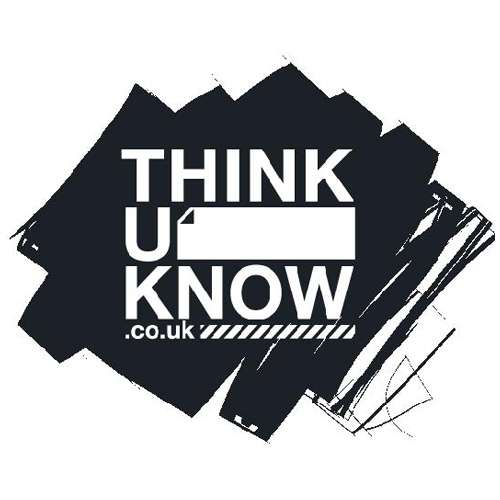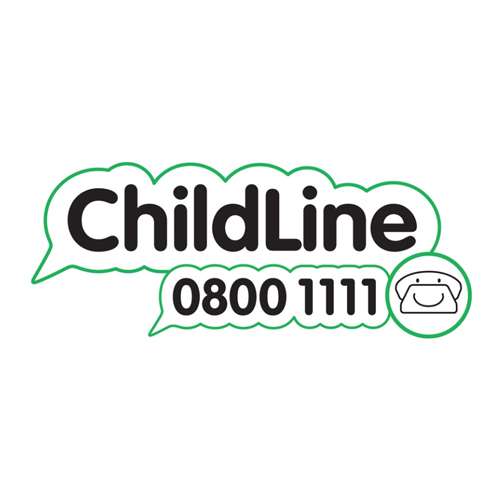E-Safety
At Claremont we recognise that there are many benefits of the computer age and one of these is that children are becoming smarter. They are growing up computer literate and will have that as a huge advantage. Computer literacy is becoming an essential job qualification and feeling comfortable with computers will put them a step ahead. However, children are innocent and do not realise the dangers which could be involved in some of the situations they encounter whilst online.
Some issues include:
• Gaming (dangers of online gaming, but also age appropriate gaming)
• Mobile phones
• Bluetooth
• Posting personal information and status updates on social networking sites.
• Appropriate use of web cams
• The importance of passwords
Recommendations:
At home, computers should be in a central place. This will make it easier to keep an eye on your children’s activities
Parents should find out where their children go when they’re online. If you have young children, you may use the internet with them. For older children you could agree which sites they can and can’t use before they go online. You can also check where your kids have been by looking at the history in your browser menu. Another option is to use filtering tools like Google SafeSearch.
Use privacy settings and sharing controls. Many sites that feature user-generated content, including YouTube, Blogger and social networking sites, have sharing controls that put users in charge of who sees personal blogs, photos, videos, and profiles. Using sharing controls is particularly important when you or your children share personal information like names, addresses, or phone numbers, on public sites.
Teach your children to respect the privacy of friends and family by not identifying people by name in public profiles and pictures.
Reporting online issues and security:
Protect passwords. Remind your children not to give out their passwords. Make sure they make a habit of unclicking “remember me” settings on public computers such as those at school or in the library.
Click here for online safety information for parents for Facebook, Minecraft, Tik Tok and other social media.
You can report any harmful content to: https://reportharmfulcontent.com/report/?from=button
Before you submit a report, you must report the material to the social media platform direct using their online tools at least 48 hours prior to completing the above form (from the link).
You can report anything you are concerned about or something that has happened to you online on the Child Exploitation and Online Protection website, click here.
Childline offers help and advice for online bullying and mobile safety. To report online click here https://www.childline.org.uk/info-advice/bullying-abuse-safety/online-mobile-safety/report-remove/?source=gmail&scrlybrkr=5634a5d9
Beware of strangers.
Teach children not to arrange in-person meetings with people they meet online, and not to share personal information with online strangers because people may not be who they claim to be.
Prevent viruses. Use Antivirus Software and update it regularly. Make sure your children avoid downloading from file-sharing websites and don’t accept files from unknown people, or emails with unknown attachments.
Teach your children to communicate responsibly. Take the following as a good rule of thumb: if you wouldn’t say it to someone’s face, don’t text it, email it, instant message it, or post it as a comment on someone’s page.
In school the children follow the SMART rules and this poster reminds them of how to use the internet safely.

Internet Matters is an independent, not-for-profit organisation to help parents keep their children safe online.
For more information go to
www.thinkuknow.co.uk
www.internetmatters.

General Data Protection Act
We need to hold personal information about your child on our computer systems and in paper records to help us with their educational needs. All data is stored securely, and we issue Privacy Notices to all parents when joining the school to sign.
The school has an independent data protection officer supplied by Global Policing Limited. If you have any questions or comments you should contact Global Policing direct on 0161 212 168, or email: datarequests@globalpolicing.co.uk
Click here to view a copy of the schools Privacy Notice.
Visits: 9



